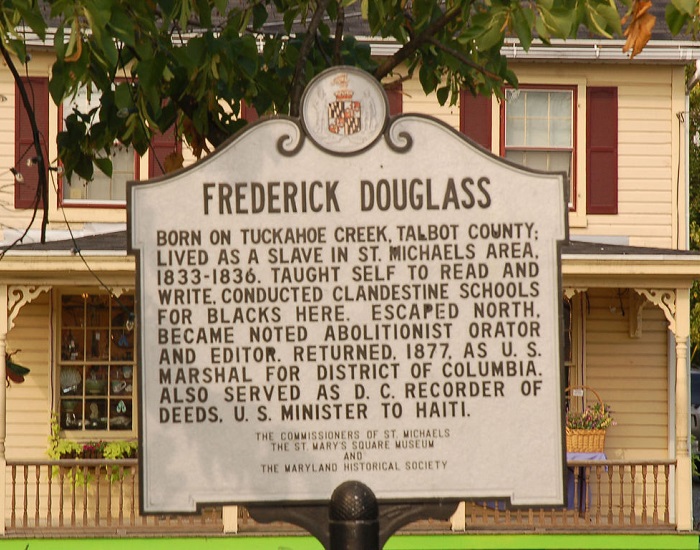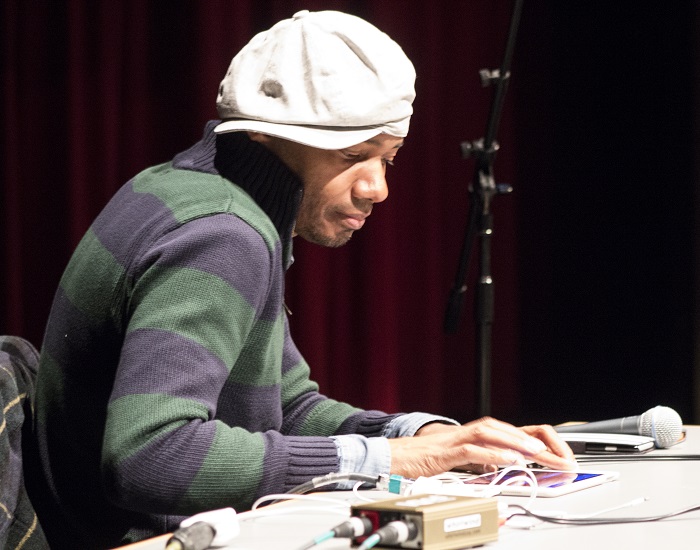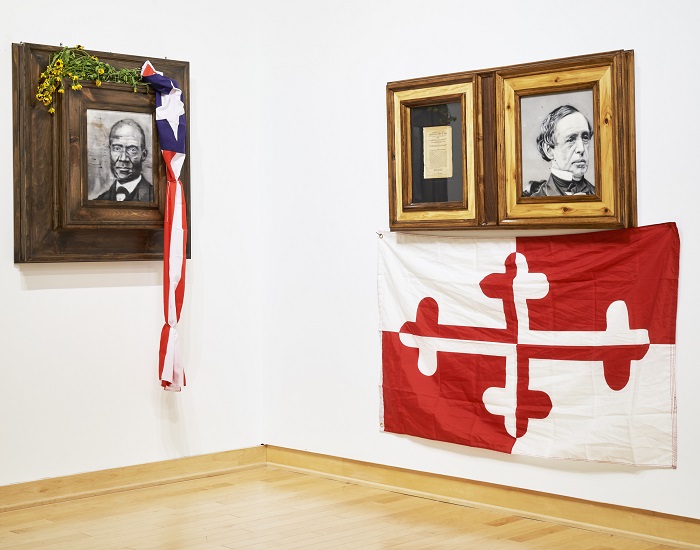
The author, activist, and diplomat Frederick Douglass (1818-1895), for whom the fellowships
were named, was born in Talbot County, Maryland, about 30 miles south of Chestertown,
and retained a deep attachment to the Eastern Shore until the end of his life. Frederick
Douglass was a self-directed learner, organizer, and activist. He reached across race,
class, gender, discipline and profession to produce scholarship with the public and
for the public. He championed the humanity of diverse peoples across the globe including
African-Americans, Native Americans, and women. He gave voice to the voiceless, speaking
out for them when he had to, but perhaps more importantly, creating platforms for
them to project their voices. Therefore, Frederick Douglass Fellowships seek to support
projects focused on the history and humanity of underrepresented communities and cultures

